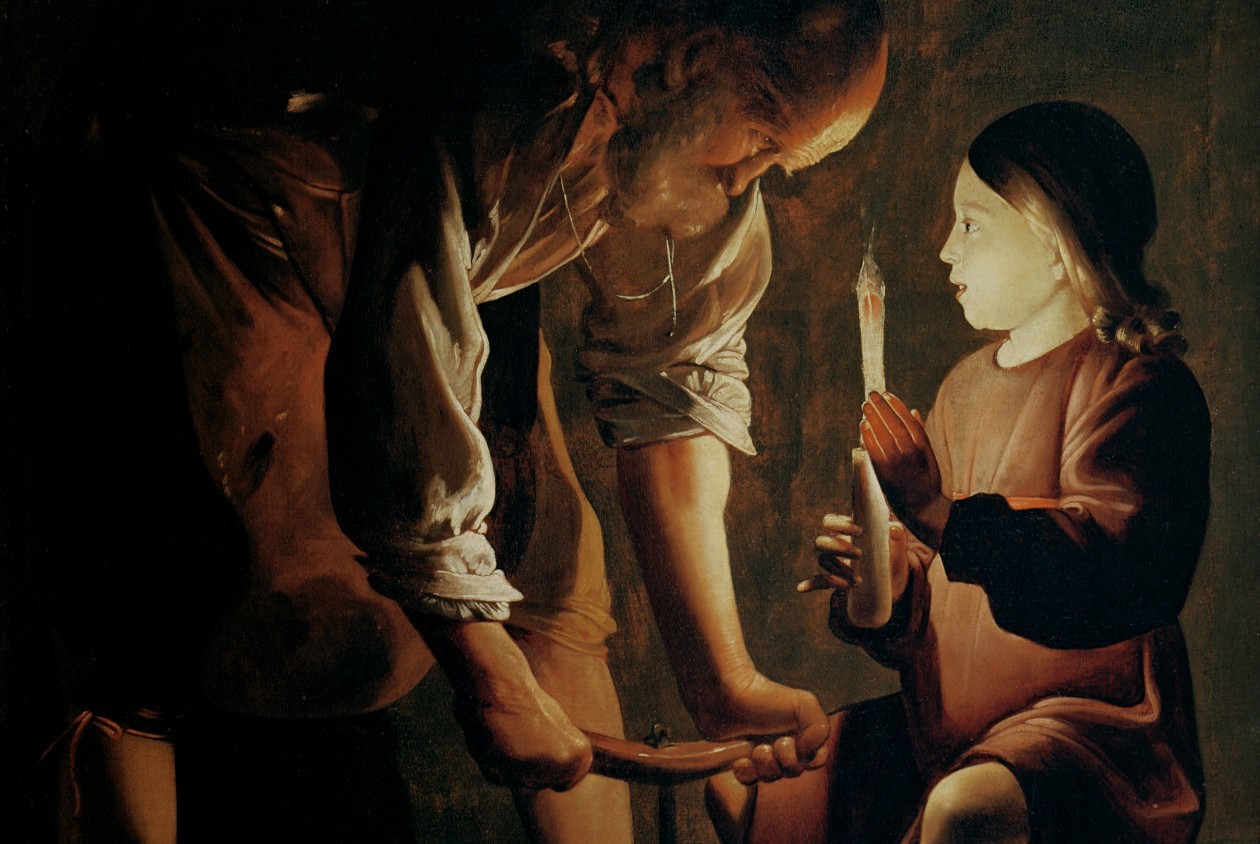There is no discounting the importance of John the Baptist’s testimony concerning Jesus. But how did he know that Jesus was the One? How do any of us know? My Western naturalistic upbringing teaches me to withhold trust in anything that cannot be verified by others. But we are not alone; the ancients set the bar of credibility fairly high as well- if for no other reason than the fact that Galilee, that seething hotbed of insurrection produced a number of ‘messiah’s’ that led movements to overthrow Roman rule. Being wrong about following someone could get you and your friends crucified. It was brutal.
The writer of this gospel said that ‘ I would not have known him, except that the one who sent me to baptize with water told me, “The man on whom you see the Spirit come down and remain is he who will baptize with the Holy Spirit. I have seen and testify that this is the Son of God.” (Jn 1:29-32)
Barclay tells us that the dove was a sacred bird in Palestine, neither hunted nor eaten. “The Rabbis said that the Spirit of God moved and fluttered like a dove over the ancient chaos breathing order and beauty into it. The picture of the dove was one which the Jews knew and loved.”
No, this is not proof, but it is positive identification. Because people of Jesus day didn’t need to be convinced that Messiah was coming- they needed to be able to recognize him when he came. It can be compared to sending my brother to pick up my friend at the bus station and telling him, “You’ll know my friend because he will have his pet cockatiel with him- a rather rare identifier, wouldn’t you say?
But how can we be sure that God spoke to John? In this case, the word and the sign form a self-authenticating pair. If the John heard only a figment of his imagination, no man would appear to have the Spirit alight on him. On the other hand, Jesus, the bestower of the Spirit is identified from among many people by reference to and an unusual sign that John could not have conjured. Much faith is based on this sort of revelation. It does not qualify for proof, for proof refers to evidence of the kind that is repeatable and yields the same result to whomever performs the experiment. But it is a basis for a reasonable belief.
If prophecy X is true, then fulfillment Y will happen. (Y being an unlikely occurrence.)Y occurs. Thus, the credibility of X is supported.
How do we know that John was an authentic prophet? 1) His message of repentance was in line with the prophets before him. 2) The popularity of a man with an unpopular message suggests spiritual empowerment and anointing. Remember that baptism was for Gentiles wanting to cleanse themselves in preparation for admission to covenant Judaism. For a Jew to receive baptism would be make the humbling admission that one was an outsider, seeking to enter the covenant God had with Abraham. This would raise questions about who John thinks he is and why he has the right to do this.(1:24) 3) He is willing to transfer his status and following to the one he has called, the Lamb of God. Furthermore, he says in effect that he is not worthy to be this man’s slave. ( Jn 1:27. To tie and untie sandals was the lowliest of the low. To middle-easterners, shoes were dirty and feet were the most despised part of the body.)
If you want to know who Jesus is, make yourself like John.
